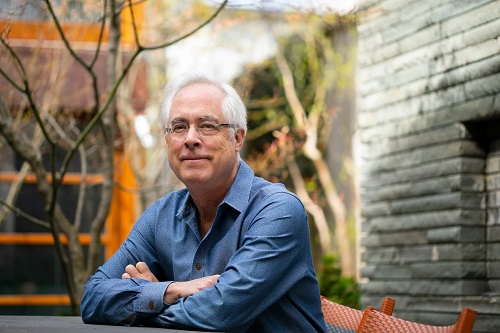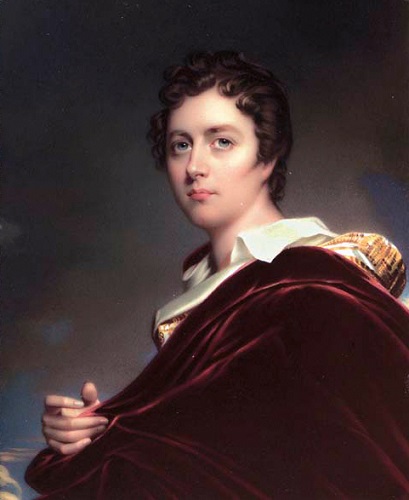De Amerikaanse schrijver en letterkundige Louis Menand werd geboren op 21 januari 1952 in Syracuse, New York. Zie ook alle tags voor Louis Menand op dit blog.
Uit: The Free World: Art and Thought in the Cold War
“Roosevelt died on April 12, 1945. On May 8, Germany surrendered, ending the war in Europe. Less than three months later, the United States dropped atomic bombs on Hiroshima and Nagasaki, and on August 15, Japan surrendered. The defeat of the Axis powers meant that the Allies had to reach agreements about the future of Japan, Italy, and Germany, but it also put the fate of a vast amount of territory into play. And much of that territory—Poland, Czechoslovakia, Hungary, and Romania in the west; Turkey and Iran in the south; and Manchuria, Korea, and the Kuril Islands in the east—lay on the borders of the Soviet Union. With their enemies defeated and their armies no longer in the field, the United States and the Soviet Union could disagree openly about the design of the postwar map. And they did.
This was not surprising. The Americans and the Soviets had different national security interests; they had different understandings of international relations; they had very different political, economic, and diplomatic principles. For eighteen months, each government tested the resolve and goodwill of the other and was duly disappointed. Then, on March 12, 1947, in a speech before a joint session of Congress, Harry S. Truman relieved the situation of ambiguity.
“At the present moment in world history,” Truman said, “nearly every nation must choose between alternative ways of life.”
One way of life is based upon the will of the majority, and is distinguished by free institutions, representative government, free elections, guarantees of individual liberty, freedom of speech and religion, and freedom from political oppression. The second way of life is based upon the will of a minority forcibly imposed upon the majority. It relies upon terror and oppression, a controlled press and radio, fixed elections, and the suppression of personal freedoms.
“I believe that it must be the policy of the United States,” he said, “to support free peoples who are resisting attempted subjugation by armed minorities or by outside pressures.”3 Truman did not mention the Soviet Union in his speech, but everyone who heard him understood that “armed minorities” referred to Communist insurgents and that “outside pressures” referred to the Kremlin. This became known, almost immediately, as the “Truman Doctrine.” The speech was, effectively, the declaration of the Cold War. It would last forty-four years.
During those years, each nation accused the other of cynicism and hypocrisy. Each claimed that the other was seeking to advance its own power and influence in the name of some grand civilizing mission. But each nation also honestly believed that history was on its side and that the other was headed down a dead end.”

De Engelse dichter en schrijver George Gordon Byron (beter bekend als Lord Byron) werd geboren op 22 januari 1788 in Londen. Zie ook alle tags voor Lord Byron op dit blog.
Ik zag u wenen
Ik zag u wenen – een held’re traan
Blonk in uw blauwe ogen;
Het deed me ’t meest nog denken aan
Een bloem, door dauw gebogen.
Ik zag u lachen – dat ontnam
Een edelsteen zijn flonker;
De glans die van uw ogen kwam
Liet stralend hem in ’t donker.
Zoals een diepe, zachte tint
Wolken kleurt in dalend licht
En pas wanneer de nacht begint
Vervloeit in ’t avondlicht:
Zo geeft uw lach de droefste ziel
Iets van zijn pure vreugd;
Wat, ook als weer een schaduw viel
Dat hart nog lang verheugt.
Vertaald door Peter van Zonneveld

Portret door Henry Pierce Bone, 1837
Zie voor nog meer schrijvers van de 21e januari ook mijn blog van 21 januari 2022 en ook mijn blog van 21 januari 2019 en ook mijn blog van 21 januari 2018.
